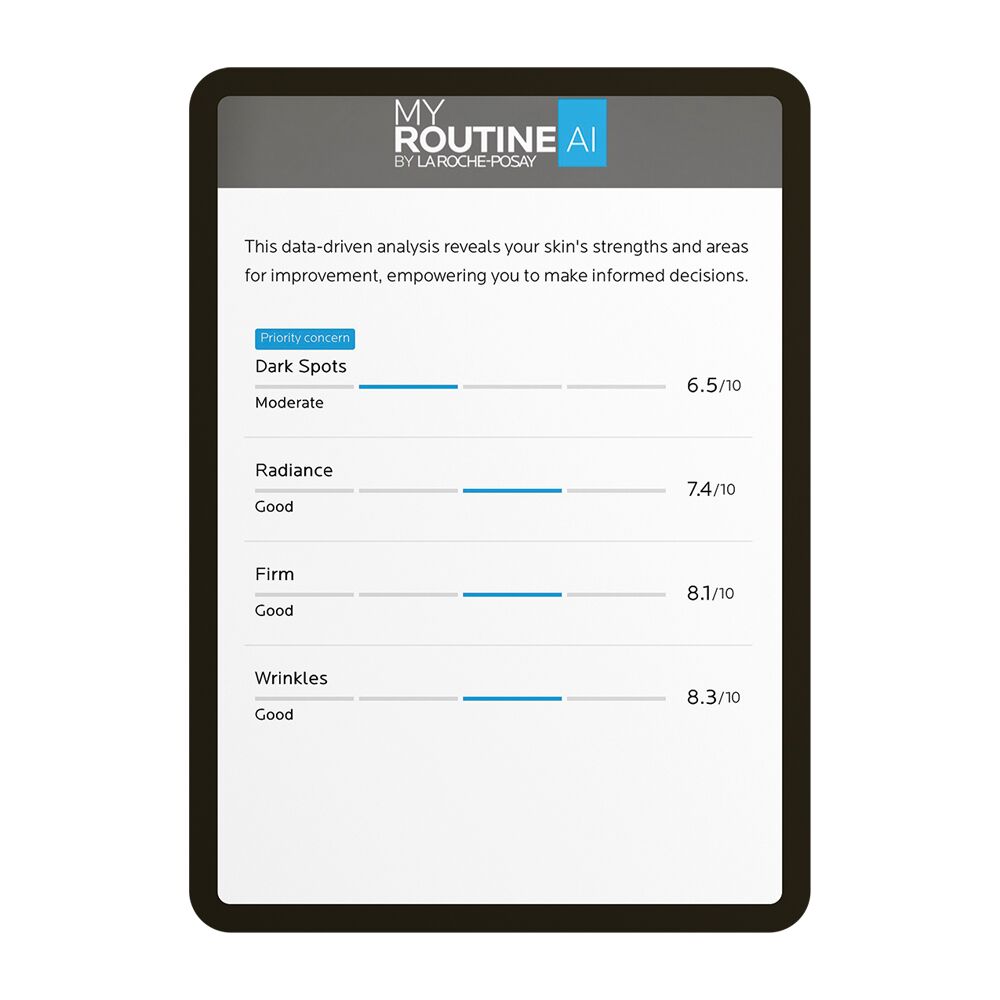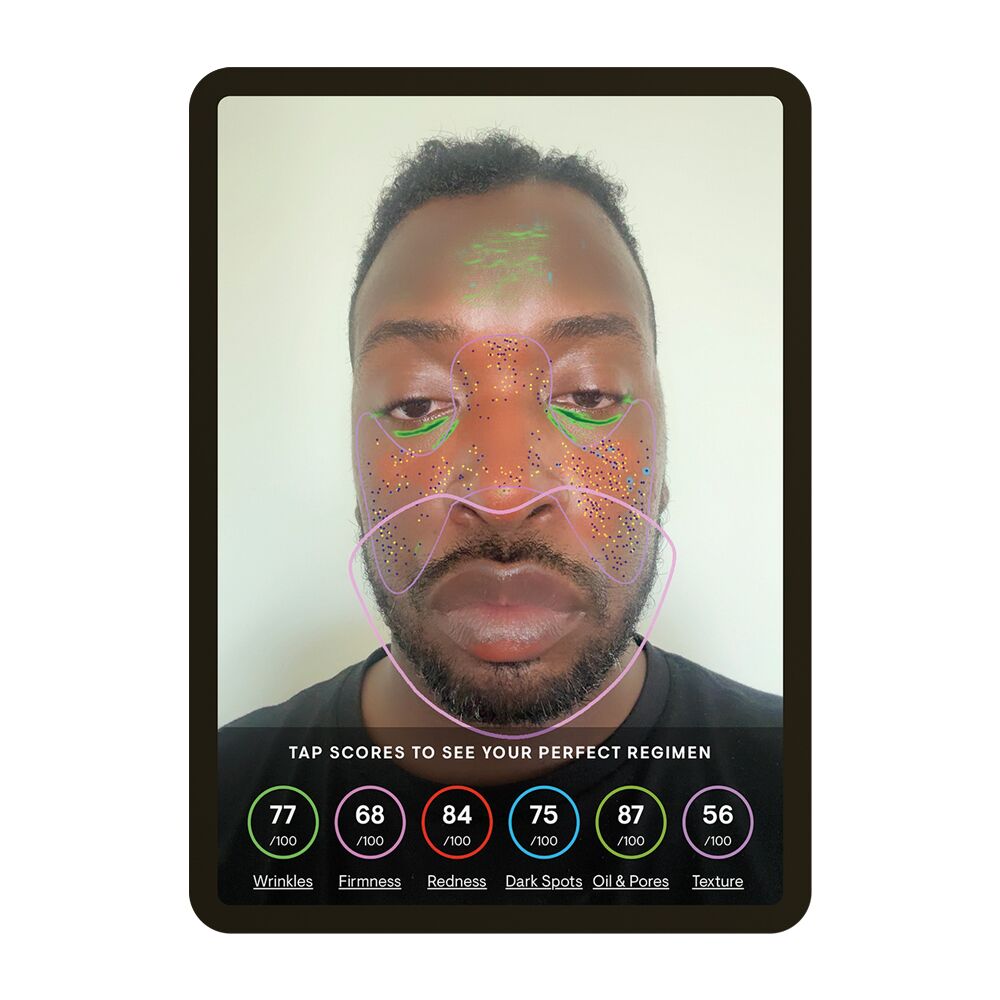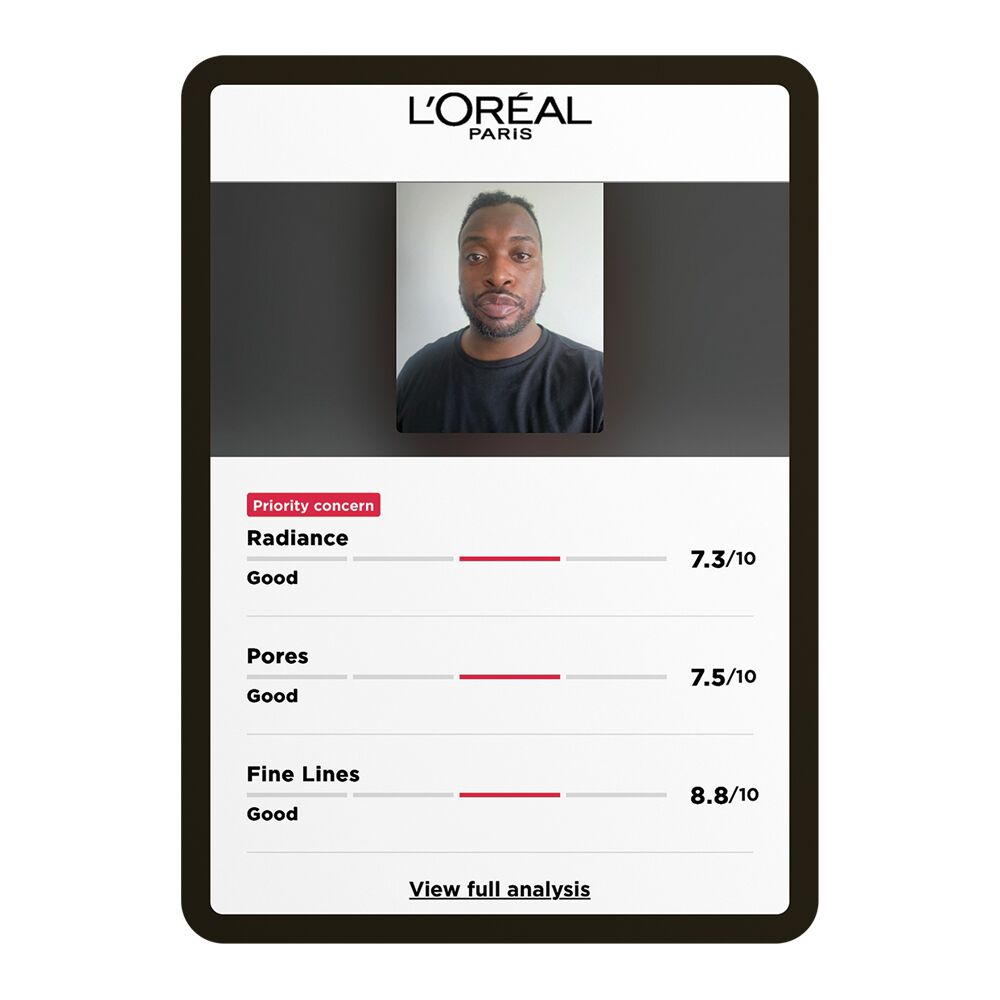I’m standing in entrance of my toilet mirror, snapping a selfie—not for Instagram, however for synthetic intelligence (AI). I’ve determined at hand my skin-care journey over to 4 main AI-powered instruments to see what they might inform me about my face, my issues, and (hopefully), give me some perception on the very best merchandise to make use of. From apps that promise customized regimens primarily based on one picture, to quizzes backed by dermatologists, these platforms are shortly turning into the skin-care world’s newest obsession.
However right here’s what’s been bugging me: As a Black magnificence author with melanin-rich pores and skin, I typically surprise if these algorithms actually get me. My pores and skin issues, which embody post-inflammatory hyperpigmentation (PIH), uneven texture and keloid-prone scarring, aren’t simply aesthetic. They’re tied to id, tradition and biology. So I gave the favored AI skin-care platforms a attempt, after which checked in with two trusted dermatologists to separate the helpful from the…not a lot. Right here’s what I realized.
Every AI software started the identical approach—asking me to take a selfie in pure lighting—however delivered totally different outcomes. La Roche-Posay’s MyRoutine AI stood out by recognizing darkish spots as my major concern and providing a full routine tailor-made to pigmentation, making me really feel considerably seen. Vichy’s SkinConsult AI additionally flagged pigmentation and mapped out my face intimately, although the product options felt extra generic than customized. L’Oréal’s SkinGenius targeted on radiance, highlighting hydration and texture, however omitted pigmentation and PIH completely. Elemis’s Digital Pores and skin Evaluation took a extra lifestyle-driven method, providing user-friendly suggestions primarily based on broad issues, however it lacked medical depth and utterly ignored melanin-specific points. Throughout the board, whereas these instruments recognized surface-level issues like radiance or lack of firmness, most failed to deal with the deeper wants of melanin-rich pores and skin, particularly hyperpigmentation and scarring.
To make sense of those blended outcomes, I turned to Birmingham, AL dermatologist Corey L. Hartman, MD and New York dermatologist Michelle Henry, MD. Each medical doctors perceive the ability—and the restrictions—of AI in dermatology.



“AI instruments like these may be surprisingly insightful once they’re skilled properly, says Dr. Henry. “However they nonetheless lack nuance. Consider them as triage, not prognosis.” That explains why so many instruments flagged dryness or sensitivity, however didn’t even register my pigmentation issues. “Most datasets are nonetheless skewed towards lighter pores and skin tones,” Dr. Henry provides. “Meaning circumstances like PIH or keloids typically go under-recognized.
Dr. Hartman agrees. “There’s potential for AI to investigate pores and skin modifications shortly and help in prognosis, however it’s not there but for melanin-rich pores and skin,” he says. “These instruments can’t change a visible and bodily examination by a board-certified dermatologist.
Each consultants are additionally cautious about quiz-based personalization. Dr. Hartman considers this method a good start line, however means that quizzes typically fall brief with regards to follow-up questions and depth. Dr. Henry provides that AI instruments may be useful for learners, however they’re not almost complete sufficient for these with extra particular issues or complicated pores and skin circumstances.
When assessing the 4 instruments I attempted, a couple of issues turned clear. AI is nice at catching broad issues, like dry patches, enlarged pores and fantastic traces. These platforms may assist newcomers construct a routine once they’re feeling overwhelmed on the drugstore. However, right here’s what they missed: the lived-in texture of my pores and skin, my scarring from cystic breakouts, and my pigmentation that seems in clusters—not patches. Not one of the instruments requested if I’d ever had a keloid, if I exploit sure skin-care components seasonally on account of climate, or if I partake in cultural grooming practices.
So how can AI truly assist higher skincare? Each consultants say it begins with inclusive knowledge. Dr. Hartman emphasizes that AI should be skilled on pores and skin varieties and tones—together with textured and acne-prone pores and skin—with a purpose to be really efficient. Dr. Henry provides that transparency is simply as necessary, noting that customers need to know who’s behind the know-how and the way it’s being developed.
In addition they consider that dermatologists of shade and culturally competent builders should be on the desk, shaping the instruments from the bottom up. That’s the one solution to transfer past generalized recommendation and towards actual personalization.
Would I exploit AI to examine in on my skin-care issues? Certain, as a place to begin. These instruments are enjoyable, quick and helpful for monitoring surface-level modifications or jump-starting a routine. However, they’re no substitute for actual dermatological care, particularly when you have melanin-rich pores and skin, particular skin-care practices or long-standing issues.
AI guarantees personalization, however proper now, its capabilities are restricted. In case your outcomes don’t mirror you, belief your instincts. You’re not invisible— your pores and skin is legitimate. The tech simply must catch up. Till then, I’ll maintain snapping selfies and making use of my serums with care, whereas turning to the consultants who see all of me, not only a pixelated model.

